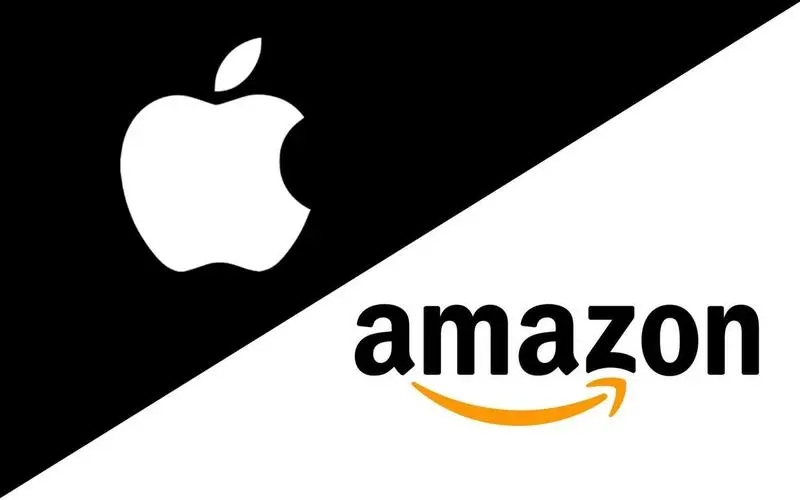
The latest news from YCD, Amazon has recently encountered another antitrust lawsuit, and this time it also involves Apple.
Hagens Berman, a Seattle-based consumer rights law firm, has previously sued Amazon and Apple and had Apple pay more than $5 billion in separate cases.
In the latest lawsuit, the attorney claims the two companies entered into a “monopoly agreement” to eliminate or at least significantly reduce the competitive threat posed by third-party sellers.
In addition, the lawsuit alleges that the two technology companies “colluded to deliberately inflate the prices of iPhones, iPads, and other Apple devices to defraud customers.”
YCD has learned that Apple and Amazon entered into an improper agreement that forced consumers to pay higher prices for Apple products in an “abnormally competitive market.”
According to a survey by law firm Hagens Berman, before Amazon signed an agreement with Apple, there were at least 100 sellers selling iPhones and 500 sellers selling iPads on the Amazon platform, but after the agreement, third parties selling Apple products such as iPhones and iPads on Amazon Sellers were reduced from 600 to 7. In just two years, Apple devices from third-party sellers have fallen by 98%.
The sharp reduction in third-party sellers eliminates competition from third-party sellers who sell Apple products at discounted prices on Amazon, making it easier for Apple and Amazon to sell those products at a higher price on their respective online stores.
The lawsuit alleges that after the two companies signed an agreement in 2019, Apple sold a batch of iPhones and iPads to Amazon at a discounted wholesale price of up to 10%, and Amazon somehow prohibited third-party sellers from selling Apple on the platform. products, both parties maximize their profits. Authorized resellers of Apple products are also said to be at a disadvantage because of the agreement.
At present, this antitrust lawsuit is seeking a class action in the U.S. District Court for the Western District of Washington. If the local court hears the complaint and grants it class action status, Amazon and Apple will enter the court again for trial.
If Amazon loses the lawsuit with Apple, consumers who bought iPhones or iPads from Amazon between January 2019 and today will be compensated.
Amazon has long faced monopoly complaints from regulators or consumers.
In October this year, Amazon’s “Buy Box” mechanism was sued in the UK for favoring self-operated or cooperative third-party sellers, and was required to pay £900 million in compensation.
In September, California Attorney General Rob Bonta filed a lawsuit accusing Amazon of inflating product prices by restricting third-party sellers from lowering prices on other platforms.
Earlier, Amazon was also accused by Indian regulators of violating commercial fairness and engaging in unfair competition.
For this lawsuit, neither Amazon nor Apple has responded positively.
